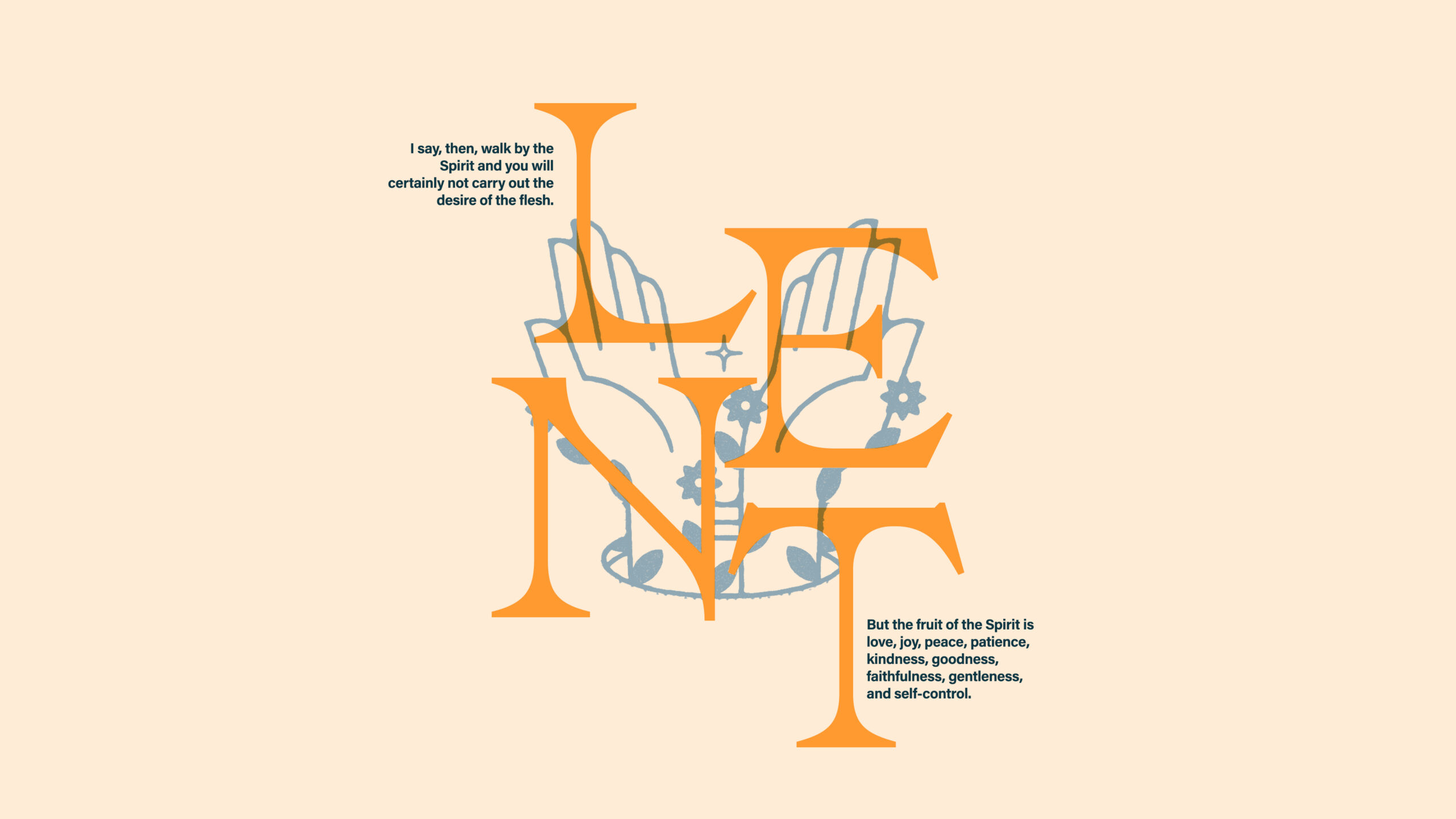Why Lent?
Lent is a historical Christian season in the church calendar that’s been observed by the Christian church going as far back as the 3rd century. Lent marks the 40 days leading up to Easter, beginning with Ash Wednesday, as a time for repentance and prayer. During Lent we turn our attention on our sin to better prepare for the celebration of Easter. The primary way we do this is by fasting or abstaining from something specific until Easter.
Lent is voluntary and invitational. It doesn’t make you more lovable to God, but it does move your heart in deeper devotion to God. If you’d like to participate in observing Lent alongside your PCC family, here are some suggested practices:

